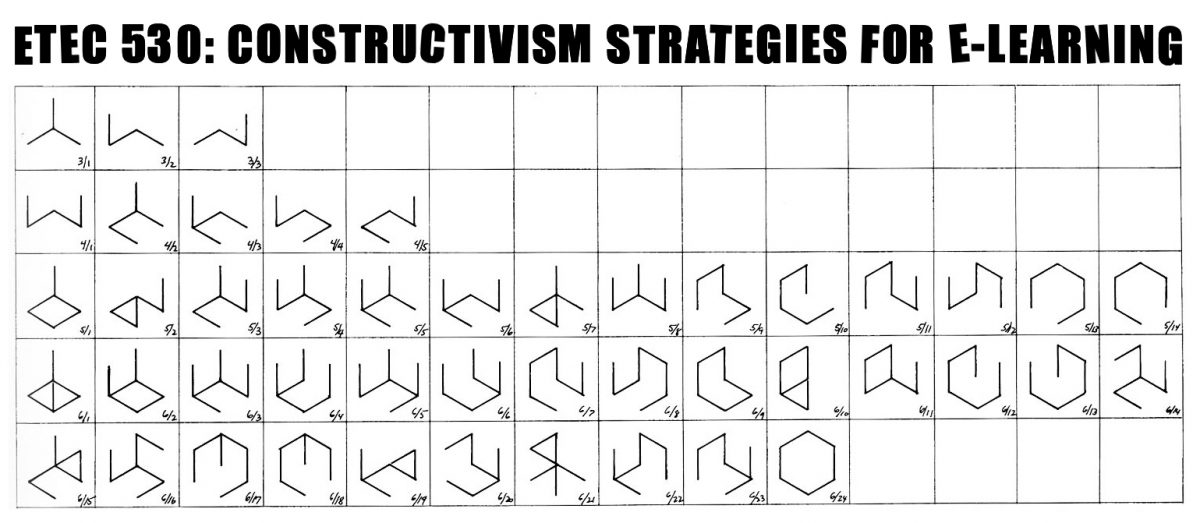Sandra Harding’s (2003) article, Representing Reality: The Critical Realism Project is a critical response to an article by Tony Lawson (2003) Ontology and Feminist Theorizing. If I didn’t look further into Lawson’s article, I likely would have missed the fact these two writings are only parts of an ongoing dialogue between Harding and Lawson regarding the incongruency of Critical Realism (CR) and feminism. Below is a list of the dialogic articles I could find, in chronological order.
- Theorizing Ontology (2003) – Tony Lawson
- Representing Reality: The Critical Realism Project (2003) – Sandra Harding
- Ontology and Feminist Theorizing (2003) – Tony Lawson
- The Case for Strategic Realism: A Response to Lawson (1999) – Sandra Harding
- Feminism, Realism and Universalism (1999) – Tony Lawson
Harding’s (2003) Representing Reality critiques Lawson for claiming that his conception of CR firstly, includes one, true ontology and secondly, that this ontology exists outside of culture as it must have “universal validity” (pp. 152-133). Harding argues that this notion of one true reality goes against the core postpositivism ideologies inherent to feminism, “…that a culture’s or individual’s favored ontology, epistemology, ethics, aesthetics, and other kinds of beliefs form a network of belief…” (p. 152).
To better understand this, I found a definition of postpositivism (only to immediately remember that I have looked this term up numerous times before):
Postpositivism rejects the positivist approach that a researcher can be an independent observer of the social world. Postpositivists argue that the ideas, and even the particular identity, of a researcher influence what they observe and therefore impacts upon what they conclude. Postpositivism pursues objective answers by attempting to recognise, and work with, such biases with the theories and knowledge that theorists develop (E-International Relations, 2021).
Throughout the reading of Pritchard’s (2018) text I attempted to piece together parts to form my own personal ontology. Both indirect realism, or similarly, Kant’s transcendental idealism resonated with me: that reality outside of us exists, but we can only experience it through the subjective lens of our sense perceptions, “…what we are immediately aware of in sensory experience is not the world itself…we are required to suppose that there is an external world that gives rise to this sensory experience since, without this supposition, we would not be able to make any sense of such experience” (Pritchard, 2018, pp. 72-23). This notion led me to believe that to attempt to identify truths, we must look somewhere between us, where our perceptions collect in agreement. It’s difficult to explain in words, but I envision something like the below diagram, with the points being the places where we come closest to objective truth.
I’ve essentially developed a postpositive approach – one that I may have built for myself without knowing it was postpositivist, but surely based on other readings and media that were intentionally created through a postpositivist lens. So, what is Critical Realism, and why is it such a contestable topic for Harding and Lawson? I read this blog post and this one and finally found a simplistic definition of CR:
In the philosophy of perception, critical realism is the theory that some sense-data (for example, of primary qualities) can and do accurately represent external objects, properties, and events, while other sense-data (for example, secondary qualities and perceptual illusions) do not accurately represent any external objects, properties, and events. In short, critical realism refers to any position that maintains that there exists an objectively knowable, mind-independent reality, while acknowledging the roles of perception and cognition (New World Encyclopedia).
Lawson’s argument for CR pushes that an objectively knowable ontology exists, whereas Harding (2003) questions, “…is it [even] valuable to seek to identify and represent universal features of human nature and of social relations (‘social reality’)” (p. 151)? This statement reminds me of Pritchard’s (2018) rather strongly worded ideas on relativism, e.g., “I’m not sure that anyone actually is a relativist (although some claim to be), because anyone who puts a modicum of thought into what the view is about will surely realise that it is self-defeating” (p. 219). At first I was taken aback, as I thought Pritchard was arguing for empiricism and objectivism – but at a closer read, I realized that what Pritchard is saying is that striving for truth, attempting at nearing the objective world, believing that it exists even if skewed through our biases, is a lot different than denying one exists at all.
Questions:
- Where has your personal ontology landed throughout these readings?
- What are your thoughts on Harding’s question, “is it valuable to seek to identify and represent universal features of human nature and of social relations (‘social reality’)”? Or is a culturally subjective, sociocultural ontology of more value?
References:
E-International Relations. (2021, September 26). Positivism, post-positivism and interpretivism. Retrieved February 6, 2023, from https://www.e-ir.info/2021/09/25/positivism-post-positivism-and-interpretivism/
Harding, S. (2003). Representing reality: the critical realism project. Feminist Economics, 9(1), 151-159.
New World Encyclopedia. Critical realism. (n.d.). Retrieved February 6, 2023, from https://www.newworldencyclopedia.org/entry/Critical_realism
Pritchard, D., & ProQuest (Firm). (2018). What is this thing called knowledge? (Fourth;1; ed.). Routledge. https://doi.org/10.4324/9781351980326
